Music explained in 60 seconds: ideas that changed the world
This emotive but hard-to-define art form has played a pivotal role in human evolution
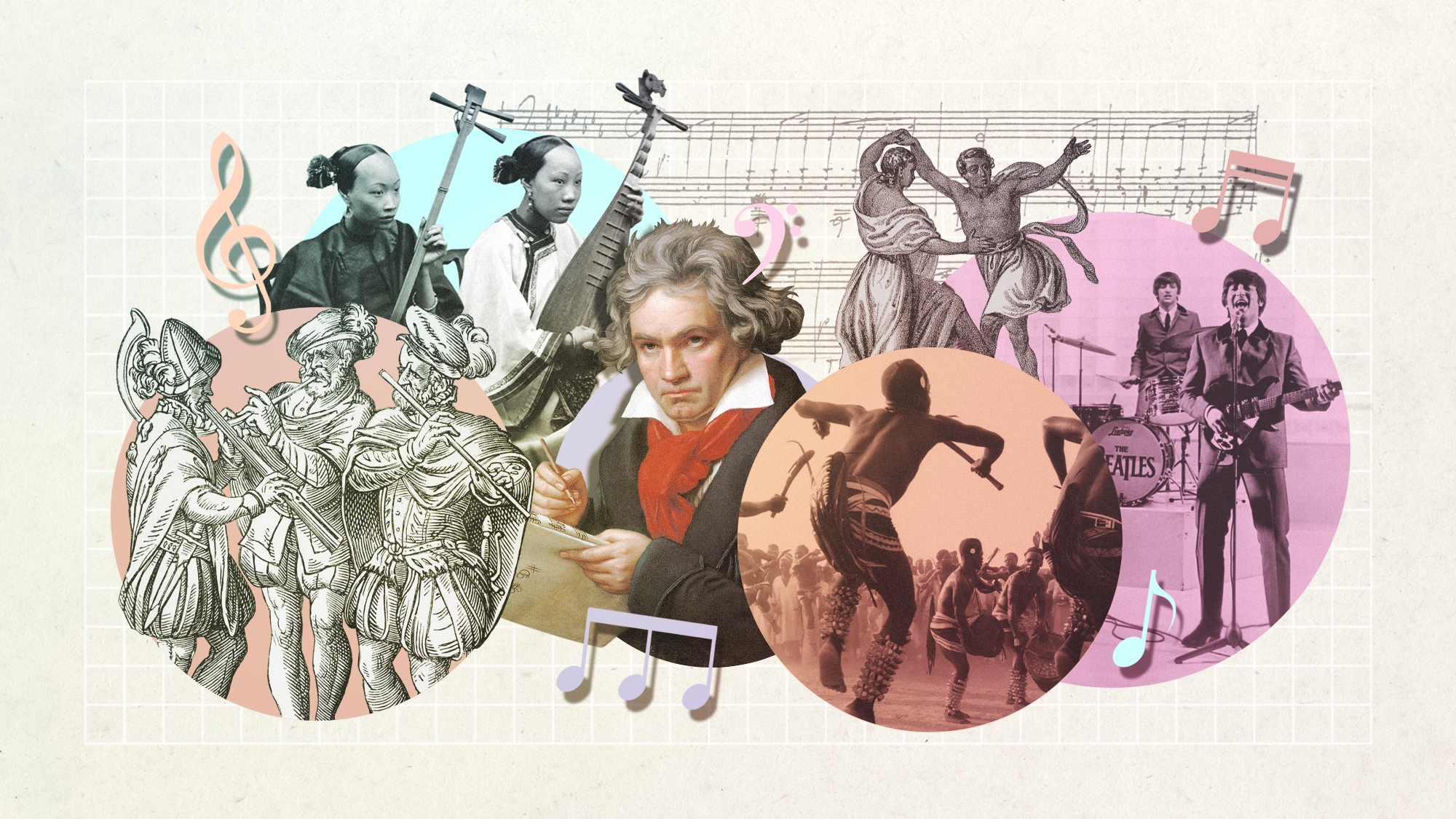
A free daily email with the biggest news stories of the day – and the best features from TheWeek.com
You are now subscribed
Your newsletter sign-up was successful
In this series, The Week looks at the ideas and innovations that permanently changed the way we see the world.
Music in 60 seconds
Music is a concept that almost defies definition yet is regarded as a cultural universal. At its most basic, music is an art form made by combining sounds – vocals or instrumental – to express emotion.
The historical consensus is that music existed prior to the development of modern humans, but its origins are difficult to determine and will probably remain so. Archaeology website Ancient Origins suggested that, "in all probability, it is likely to have begun with singing and clapping or beating the hands on different surfaces – for which there is of course, no archaeological record".
The Week
Escape your echo chamber. Get the facts behind the news, plus analysis from multiple perspectives.

Sign up for The Week's Free Newsletters
From our morning news briefing to a weekly Good News Newsletter, get the best of The Week delivered directly to your inbox.
From our morning news briefing to a weekly Good News Newsletter, get the best of The Week delivered directly to your inbox.
Definitions of music differ widely, but it has been present in some form in all human civilisations and has played a key role in our evolution. As a means of self-expression and communication, music has underpinned cultural, political and even religious movements for millennia.
One of the really fascinating things about music is that technically (and unlike other art forms), it doesn't exist. A painting, sculpture or novel can physically exist, "while music is just air hitting the eardrum in a slightly different way than it would randomly", said Thought Economics. But somehow that air, "when moved and when made to hit the eardrum in tiny subtle ways, can make people dance, cry, have sex, move across country, go to war and more".
How did it develop?
Experts believe primitive forms of music – such as banging on rocks or clapping – helped prehistoric human species to survive. The practice would broadcast emotions and messages, and build group identity, according to ScienceDaily. Many possible functions for music have been suggested, such as dancing, entertainment and ritual – "virtually every religion uses music".
But the "major" reason music arose and persists, the site added, may be that it "brings people together".
A free daily email with the biggest news stories of the day – and the best features from TheWeek.com
"Music leads to bonding, such as bonding between mother and child or bonding between groups," said Jeremy Montagu, former curator of Oxford University's Bate Collection of Musical Instruments. “It has even been suggested that music, in causing such bonding, created not only the family but society itself, bringing individuals together who might otherwise have led solitary lives."
The oldest known musical instrument in the world is a Neanderthal flute that is thought to date back at least 50,000 years, Classic FM reported. Archaeologists discovered the prehistoric instrument, carved from cave bear bones, in a cave near Slovenia's Indrijca River in 1995.
But experts have suggested that such instruments may originate from much further back, in the Middle Paleolithic period (300,000 to 40,000 years ago).
Musical references are present in all the ancient societies that had literacy – Mesopotamian, Middle Eastern, Chinese, Egyptian, Greek, Indian and Persian. The emergence of the Silk Road trade routes, connecting East and Central Asia with East Africa and Southern Europe, encouraged the cultural exchange of ideas – and instruments.
Over the years, the art form evolved into something of a common musical language. In the Medieval period, Western musical notation was perfected, and composers began creating more elaborate music forms that included multiple parts, with a range of new instruments including the viol and keyboard families. Through the Baroque, Classical and Romantic eras up to the 1900s, strict form and ornamentation was used to create increasingly emotive works, often using large orchestras.
In the 20th century, however, Western musical form was torn apart by avant-garde composers who rejected melody, harmony, rhythm or even basic organisation. More traditionalist scholars argued that such compositions could not fit under any common definition and therefore were not music, while others suggested that experimental compositions had blurred the line between "noise" and "music".
How did it change the world?
Music is a "fundamental part of our evolution", wrote Washington D.C.-based academics Jay Schulkin and Greta Raglan.
In its prehistoric form, it functioned as a means of "calling attention to oneself, expanding oneself, selling oneself, deceiving others, reaching out to others, and calling on others".
"The combination of the right lyrics, rhythm and instruments," said the UN's Africa Renewal magazine, "can build a group identity, stir strong emotions, engage audiences and amass people to take action."
And “this makes music the perfect partner for social change".
Movements in the 19th, 20th and 21st centuries have used music to advance and raise awareness of such diverse causes as workers rights, racial equality, sexual liberation and LGBT acceptance. As the uDiscoverMusic site put it, "songs have always held a mirror to the world" – but conversely, "music changes society like no other art form”.
-
 How to Get to Heaven from Belfast: a ‘highly entertaining ride’
How to Get to Heaven from Belfast: a ‘highly entertaining ride’The Week Recommends Mystery-comedy from the creator of Derry Girls should be ‘your new binge-watch’
-
 The 8 best TV shows of the 1960s
The 8 best TV shows of the 1960sThe standout shows of this decade take viewers from outer space to the Wild West
-
 Microdramas are booming
Microdramas are boomingUnder the radar Scroll to watch a whole movie
-
 Vegetarianism explained in 60 seconds: ideas that changed the world
Vegetarianism explained in 60 seconds: ideas that changed the worldIn Depth How meat-free diets went from religious abstention to global sustainability trend
-
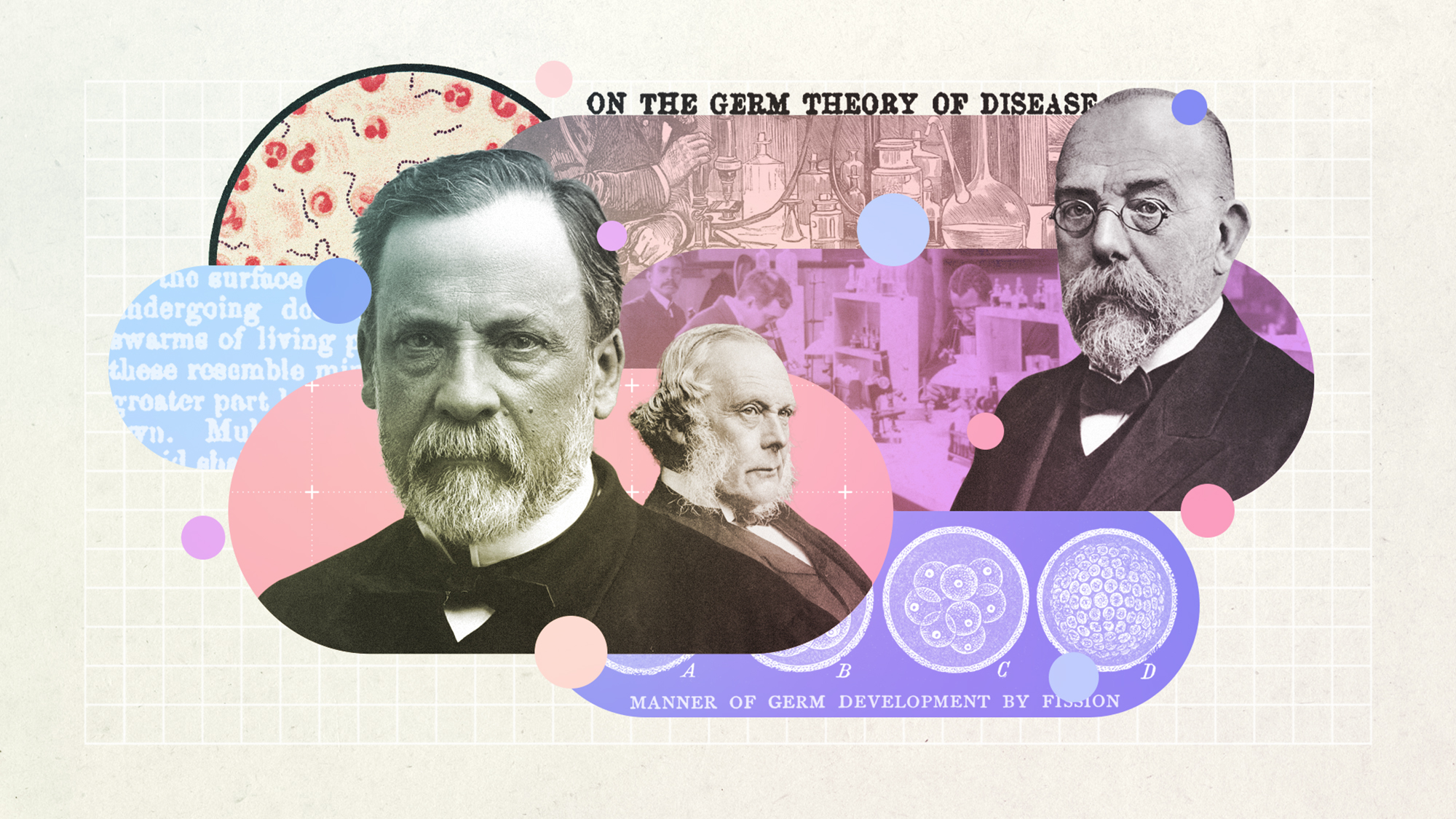 Germ theory in 60 seconds: ideas that changed the world
Germ theory in 60 seconds: ideas that changed the worldIn Depth How a new understanding of bacteria revolutionised medicine
-
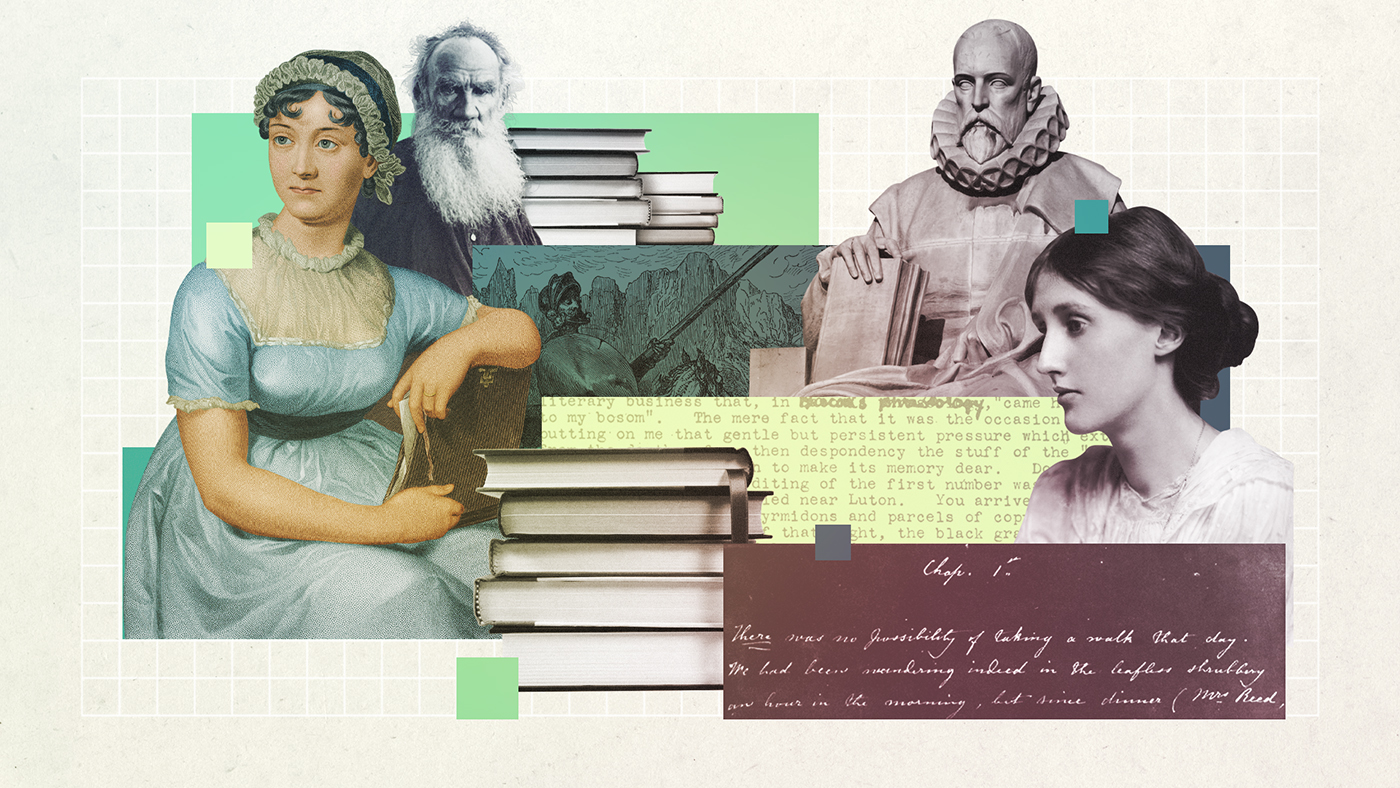 The novel explained in 60 seconds: ideas that changed the world
The novel explained in 60 seconds: ideas that changed the worldIn Depth How a new way of portraying existence transformed literature
-
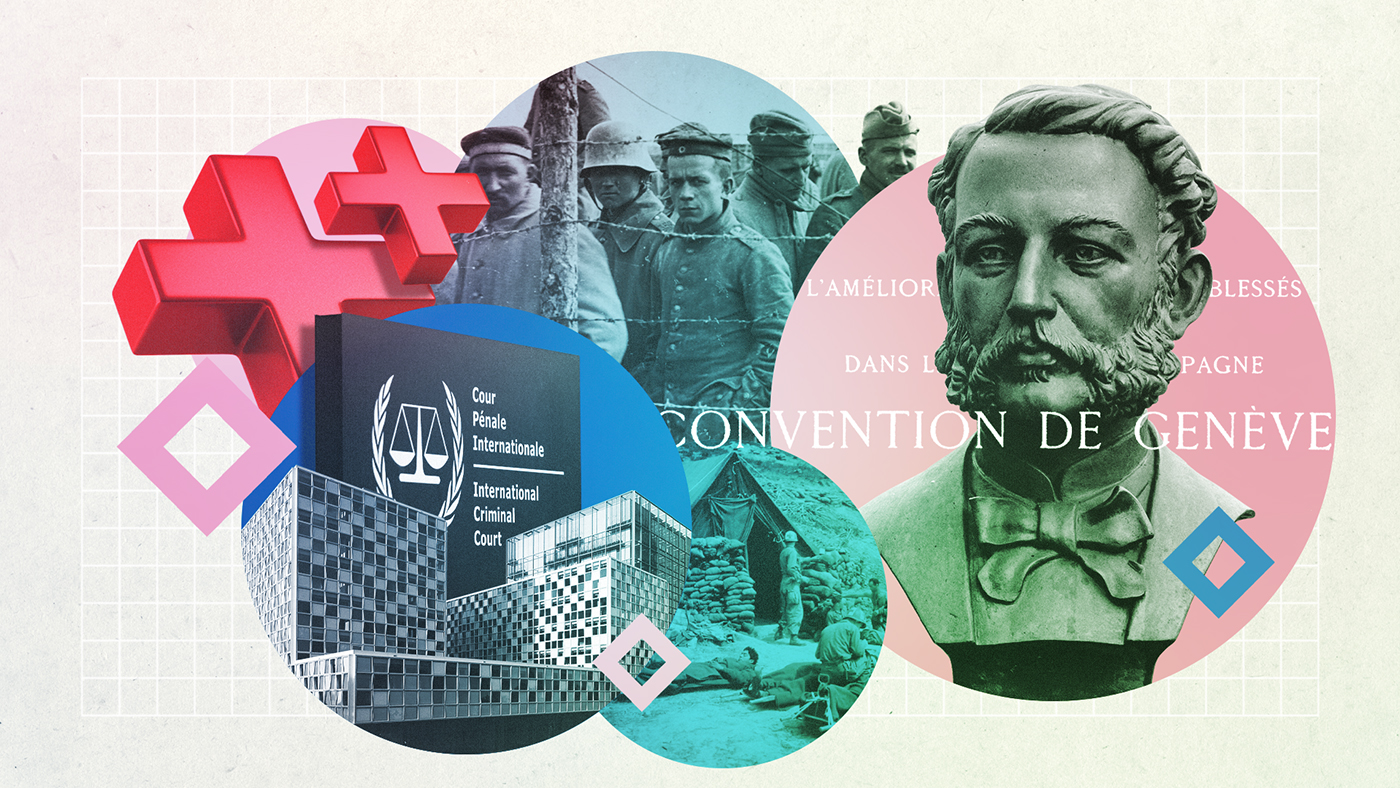 The Geneva Conventions explained in 60 seconds: ideas that changed the world
The Geneva Conventions explained in 60 seconds: ideas that changed the worldIn Depth How the international community brought humanity to warfare
-
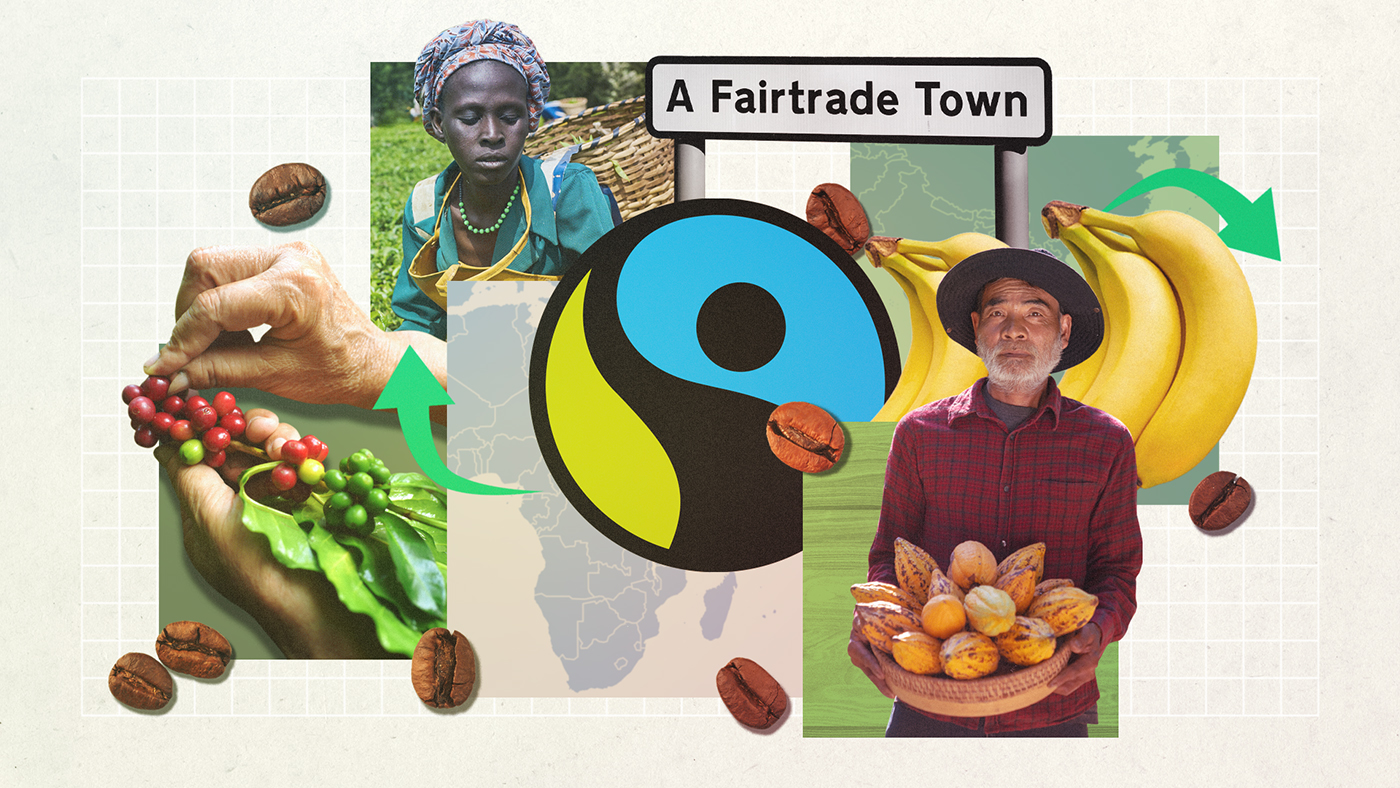 Fairtrade explained in 60 seconds: ideas that changed the world
Fairtrade explained in 60 seconds: ideas that changed the worldIn Depth How paying farmers fairly went from niche to necessary
-
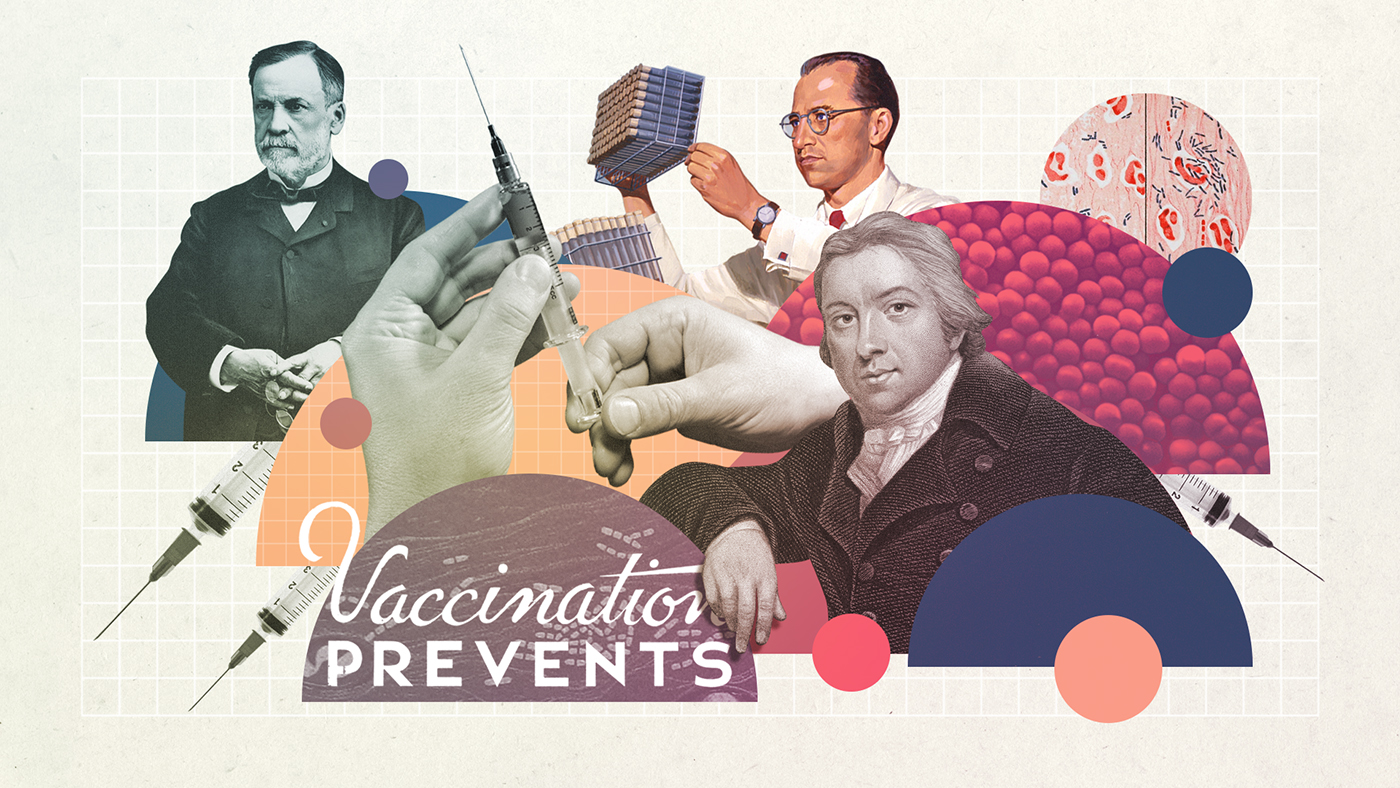 Vaccination explained in 60 seconds: ideas that changed the world
Vaccination explained in 60 seconds: ideas that changed the worldIn Depth How a medical breakthrough has saved countless millions of lives
-
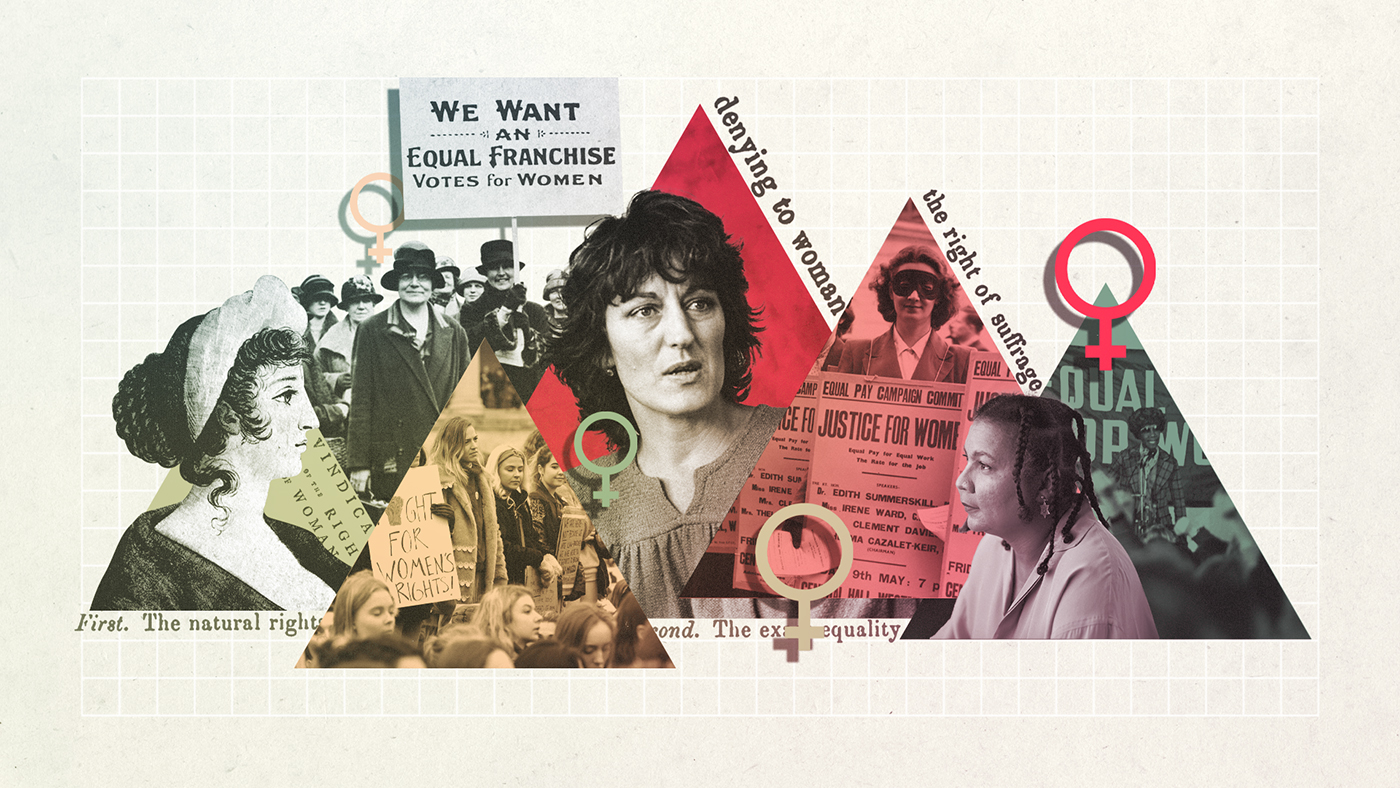 Feminism explained in 60 seconds: ideas that changed the world
Feminism explained in 60 seconds: ideas that changed the worldIn Depth How women fought for social and political liberation
-
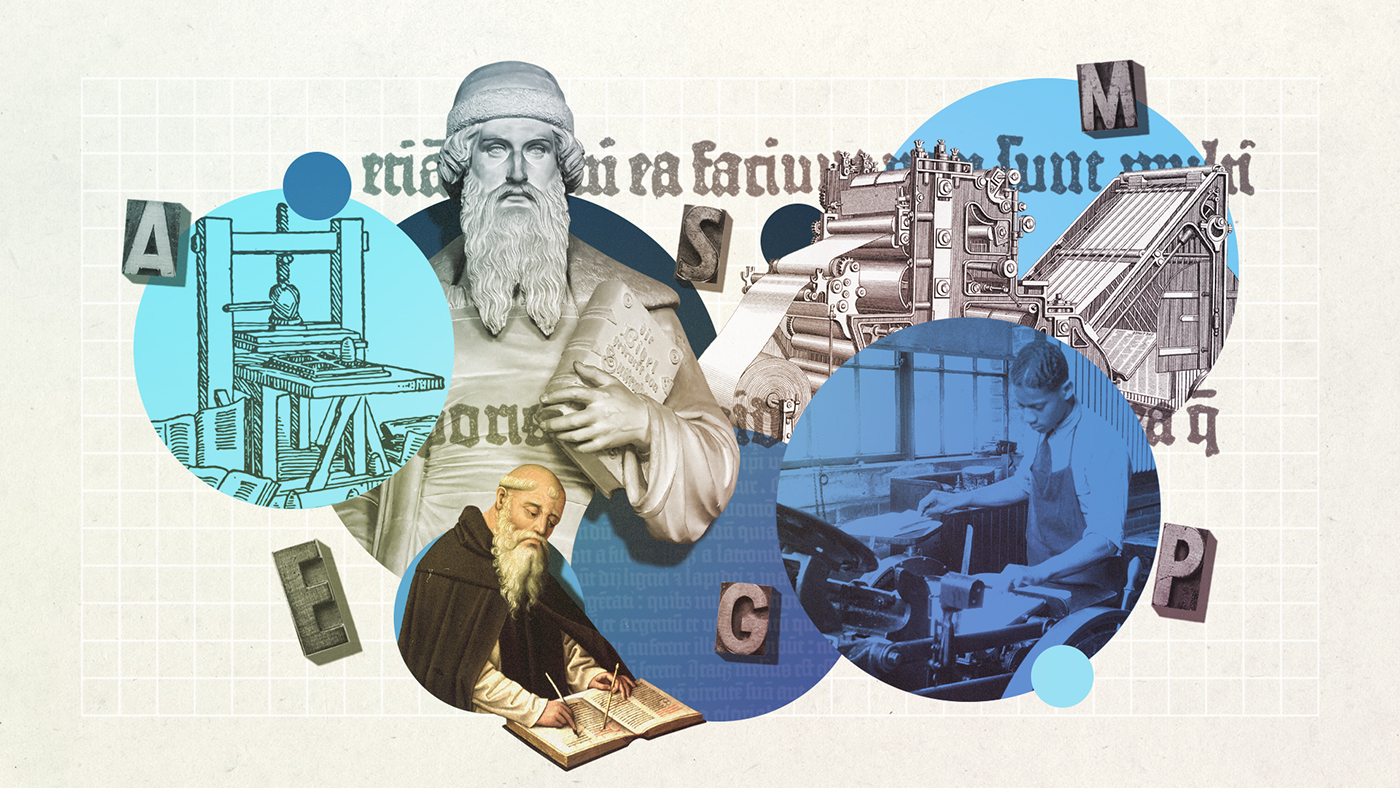 The printing press explained in 60 seconds: ideas that changed the world
The printing press explained in 60 seconds: ideas that changed the worldIn Depth How a German goldsmith revolutionised the way we share ideas